End of Content.
End of Content.
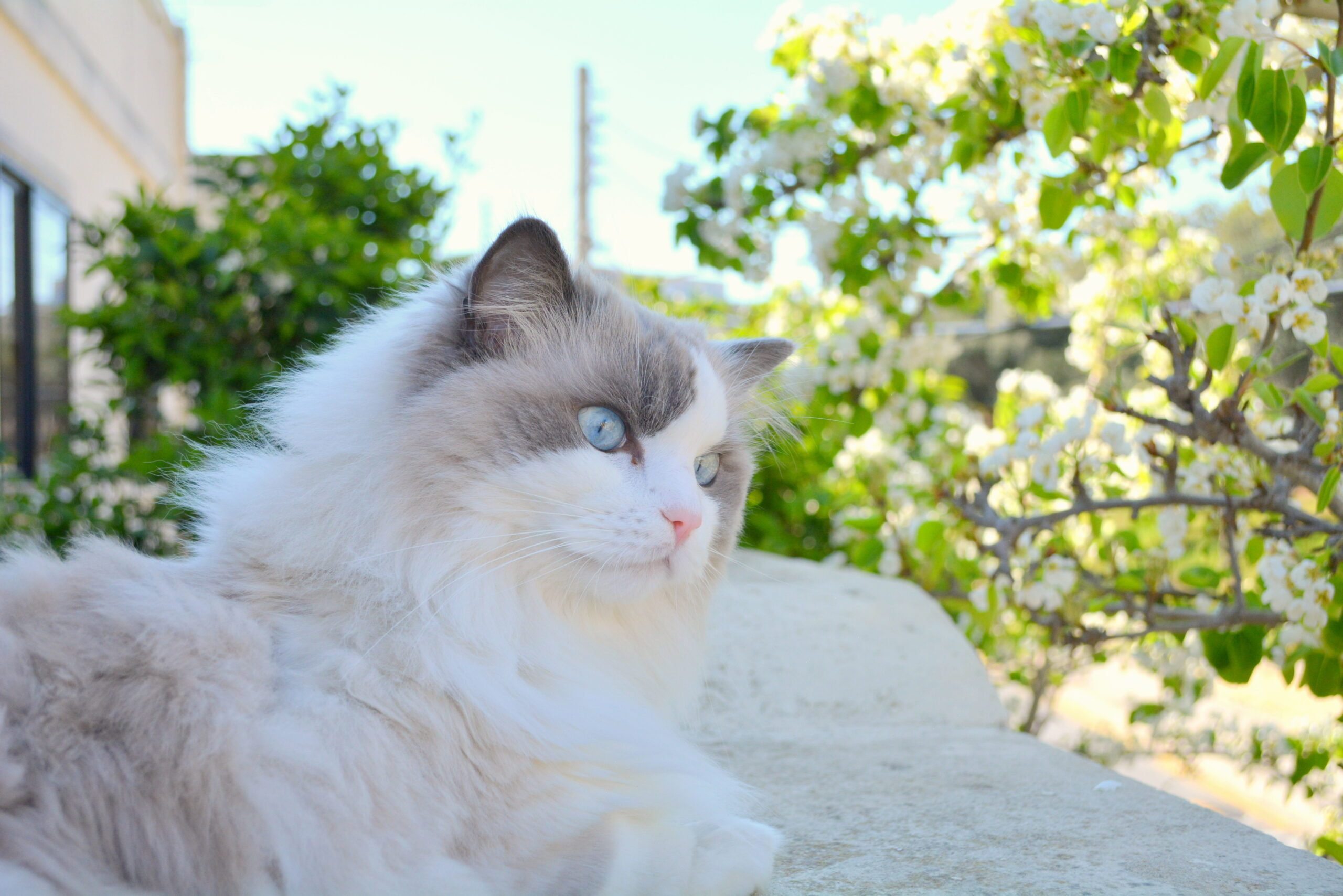
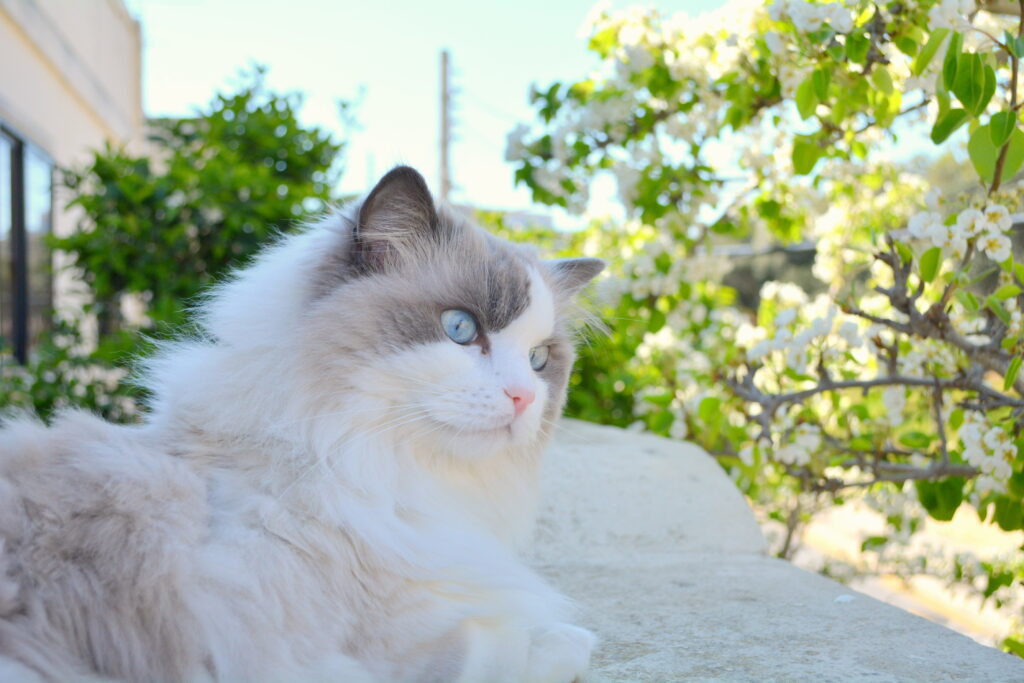
Naming conventions for pets, particularly cats, hold a significant place in Japanese culture. The process of naming often goes beyond mere identification, encompassing multiple factors that reflect the personality, appearance, and inherent traits of the feline companion. In Japan, the act of naming is imbued with profound meaning, shaped by traditions, literature, folklore, and contemporary pop culture.
Japanese cat names are frequently chosen based on a cat’s physical characteristics and temperament. For instance, a cat with striking, bright-colored fur might be named “Hikari,” meaning “light.” On the other hand, a playful and spirited cat could be called “Genki,” which translates to “energetic.” Such names not only capture the essence of the cat but also embody the owner’s sentiments towards their cherished pet.
The rich tapestry of Japanese folklore and mythology has also left an indelible mark on cat naming conventions. Cats have long been revered in Japanese culture, often appearing in folklore as creatures of mystery and supernatural powers. Names like “Neko,” a straightforward word for “cat,” and “Bakeneko,” referring to a mythological shape-shifting cat, are examples of how traditional tales influence naming practices.
Moreover, Japanese literature and pop culture contribute significantly to this naming tradition. Classic literary characters or modern manga heroes often inspire contemporary cat names. Names such as “Luna,” from the popular manga “Sailor Moon,” or “Jiji,” the loyal feline from the animated film “Kiki’s Delivery Service,” highlight the merging of historical and modern influences in Japanese cat names.
In essence, the process of naming cats in Japan is a culturally rich practice that reflects a deep appreciation for the animal’s characteristics, the owner’s beliefs, and the broader cultural influences. This blend of tradition and modernity ensures that each name carries a unique and meaningful resonance.
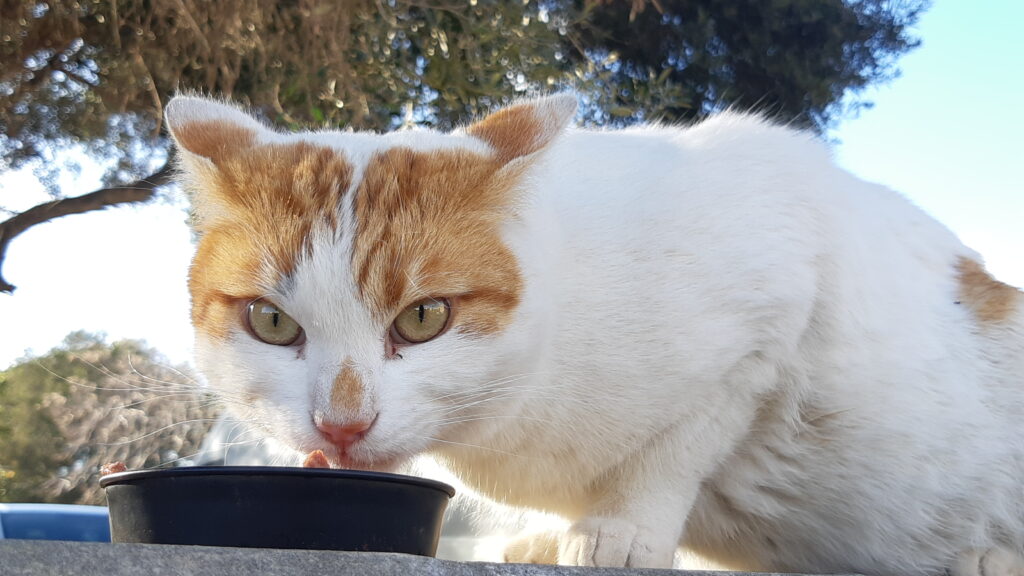
When choosing a name for a male cat, many pet owners in Japan often select names that carry specific meanings, thereby encapsulating their pet’s personality, appearance, or even the owner’s aspirations for their feline friend. One of the commonly selected names is Tora (トラ), pronounced “toh-rah”, which means “tiger”. This name is particularly popular for cats that exhibit a fierce or striking appearance, reminiscent of a tiger’s majestic aura.
Another frequently chosen name is Kuro (クロ), pronounced “koo-roh”, which translates to “black”. This straightforward, yet elegant, name is often attributed to cats with a sleek, black coat. The simplicity of the name Kuro enhances its appeal, making it a favoured option among many Japanese pet owners. Likewise, a name that reflects a more serene and expansive concept is Sora (ソラ), pronounced “soh-rah”, meaning “sky”. This name is perfect for cats that have a calm, free-spirited nature or a coat that mirrors the vastness and depth of the sky.
For feline companions known for their strength or resilience, the name Raiden (ライデン), pronounced “rye-den”, meaning “thunder and lightning” is increasingly popular. This name evokes a powerful and commanding presence, suitable for an assertive cat. Similarly, Haru (ハル), pronounced “hah-roo”, which means “spring” or “sun”, can be appropriate for a cheerful and lively cat, embodying the refreshing and joyous spirit of the spring season.
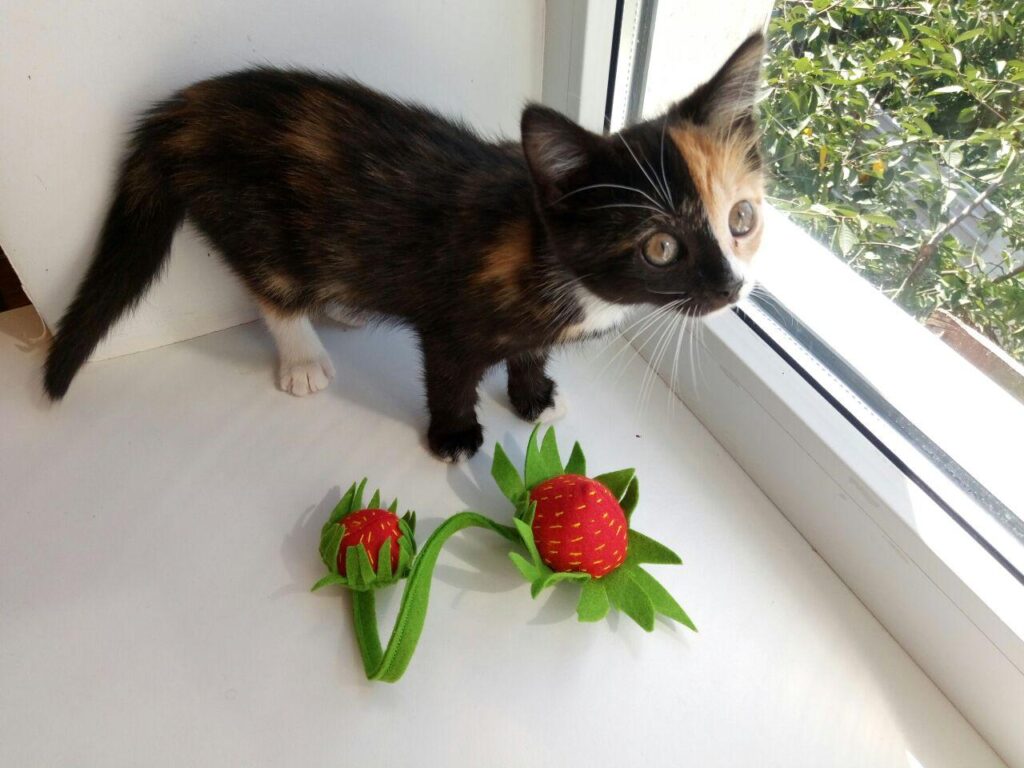
Incorporating traditional names, such as Shiro (シロ), pronounced “shee-roh”, meaning “white”, remains a timeless choice, especially for cats with a predominantly white coat. The name Mochi (モチ), pronounced “moh-chee”, which refers to a sticky rice cake, can symbolize a cat that is both lovable and tenacious.
The selection of a Japanese male cat name often goes beyond mere phonetics, resonating deeply with the cultural and emotional significance behind each name. These names not only reflect the cat’s attributes but also establish a meaningful connection between the pet and its owner.
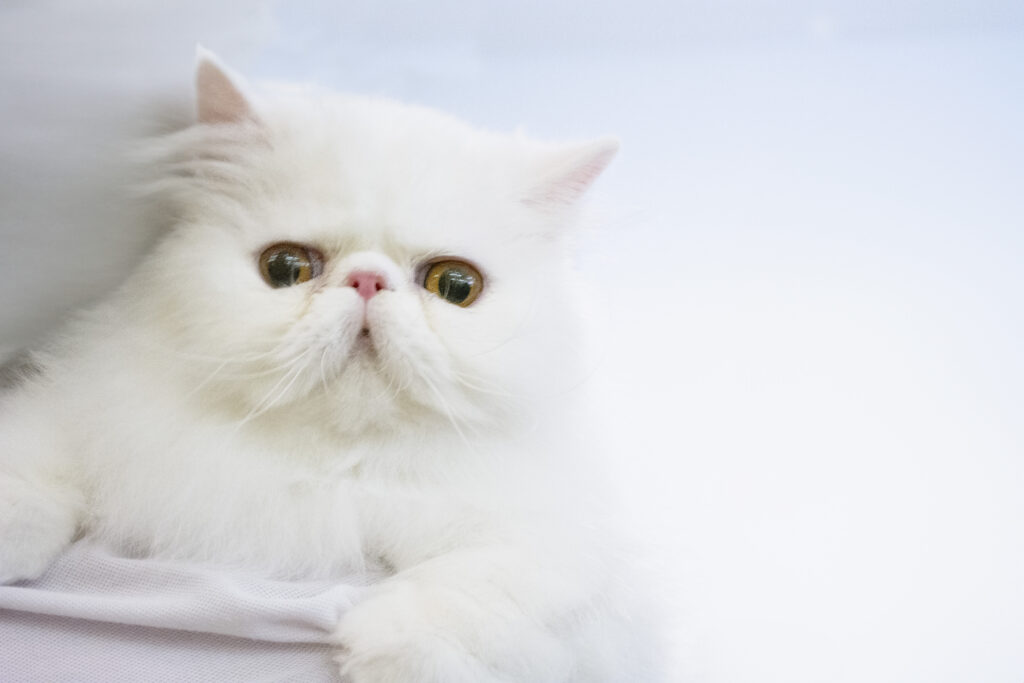
Japanese mythology offers a wealth of inspiration for male cat names, with divine figures embodying various powerful attributes. One popular name is Raiden, named after the god of thunder. Raiden is written in Japanese as 雷電. In mythology, Raiden is often depicted as a powerful and dynamic deity who commands the forces of thunderstorms. Choosing the name Raiden for a male cat imparts a sense of strength and energy and characterises the feline as a captivating and spirited companion.
Another notable name is Susanoo, derived from the storm god in Japanese mythology. In Japanese, the name “Susanoo” is spelled as スサノオ. Susanoo is renowned as a formidable and sometimes tempestuous deity, with a narrative filled with heroic feats and mythic battles. Naming a cat Susanoo might be reflective of a feline’s strong-willed and adventurous nature, acknowledging the cat’s potential for both calm and wild behavior, much like the tumultuous storms Susanoo governs.
The mythology behind these deities provides not only rich storytelling but also a framework for understanding why such names might be fitting for a male cat. Raiden’s association with thunder implies a strong, vibrant personality, perhaps suitable for a cat known for its lively and playful demeanor. On the other hand, Susanoo’s attributes of bravery and strength could be ideal for a cat that exudes confidence or exhibits courageous traits.
These mythological names are more than mere labels; they encapsulate the essence of the deities they represent, aligning human perceptions of these attributes with the observed qualities of their feline companions. Through these names, the legacy of Japanese deities and their stories continue to manifest in everyday life, making every interaction with your cat a reminder of the rich cultural heritage these names carry.
Japanese male cat names often draw inspiration from the natural world, reflecting the profound cultural appreciation for nature in Japan. These names are imbued with meanings that are deeply associated with natural elements, plants, and animals, which carry both aesthetic and symbolic significance.
The name Kaede, meaning ‘maple,’ is one such example. In Japan, the maple tree signifies longevity and beauty, symbolizing the transient yet splendid nature of life. When naming a cat ‘Kaede,’ it reflects not only the cat’s inherent beauty and grace but also a hope for a long and healthy life.
Another popular nature-inspired name is Haru, which translates to ‘spring.’ The season of spring is revered in Japanese culture for its association with renewal, growth, and the breathtaking beauty of cherry blossoms. Naming a male cat ‘Haru’ may convey a sense of vitality and the promise of new beginnings, spotlighting the cat’s youthful and vibrant character.
An animal-inspired name, Inari, refers to a type of bird. Inari is also the name of a Shinto deity associated with rice, prosperity, and abundance, commonly depicted with a white fox companion. Naming a cat ‘Inari’ might symbolize not only an appreciation for the natural world but also a wish for the cat to bring fortune and protection to its household.
These nature-oriented names resonate deeply within the cultural fabric of Japan. The natural elements these names depict are not merely ornamental; they carry rich layers of meaning and cultural symbolism. They highlight an intrinsic connection to nature and an appreciation for its myriad forms. Furthermore, these names reflect the qualities and characteristics that are hoped for in the feline companions they christen, nurturing a harmonious bond between humans and the natural world.

Japanese literature and popular culture have significantly influenced the naming trends for male cats. Many cat owners opt for names inspired by characters from anime, manga, and literature, infusing a sense of cultural significance and modernity into their pets’ identities.
One of the most recognizable names is Doraemon, derived from the beloved robotic cat of the same name in the iconic anime series. Doraemon, with his blue robotic appearance and gadget-filled pocket, symbolizes companionship and innovation, making it a popular choice among cat owners who are anime enthusiasts.
Another trending name in the realm of anime is Kirito, the protagonist of the anime series Sword Art Online. Kirito, known for his bravery and skill in the virtual world, resonates with those who appreciate the character’s heroism and determination. Naming a cat Kirito could imply a strong, courageous, and adventurous nature.
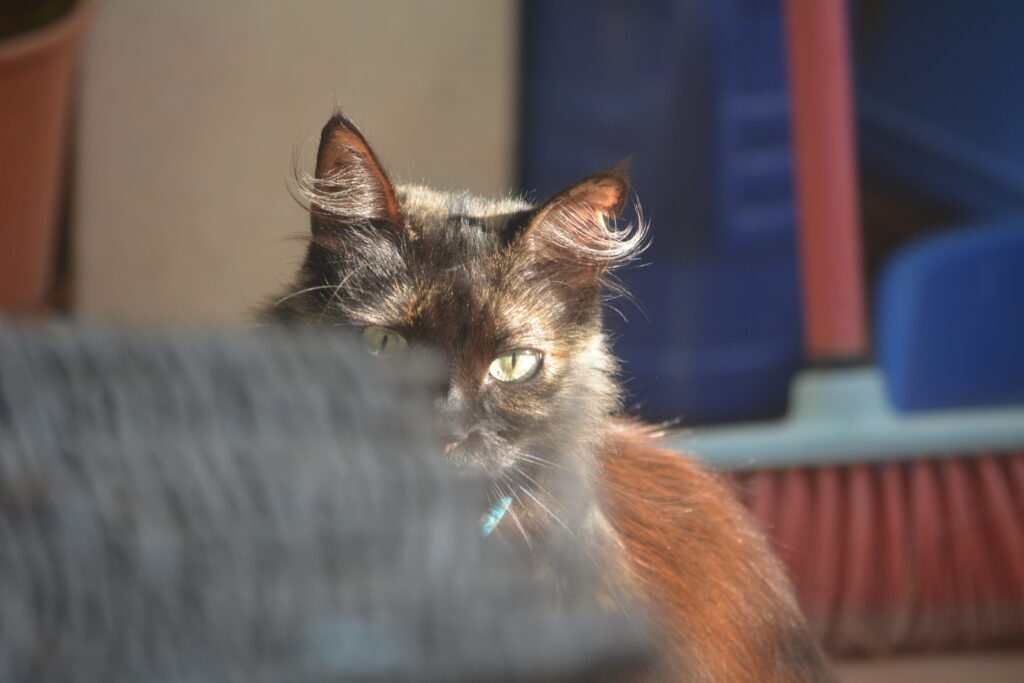
Beyond anime, classic Japanese literature also serves as a rich source of inspiration for cat names. For example, Genji is a name drawn from The Tale of Genji, one of the oldest novels in the world. This name carries an air of historical and literary prestige, reflecting a deep appreciation for Japan’s cultural heritage.
Manga, another pillar of Japanese popular culture, offers a plethora of intriguing names. Totoro, from the manga and subsequent film My Neighbor Totoro, evokes a sense of whimsy and enchantment. Totoro, a kind and gentle forest spirit, is an endearing choice for a lovable and friendly feline.
These names from Japanese literature and popular culture not only provide a touch of personality and uniqueness but also reflect the ongoing influence of Japan’s rich cultural narrative. By choosing such names, cat owners are able to celebrate and share their affection for these cultural icons, while giving their pets a meaningful and immersive identity.
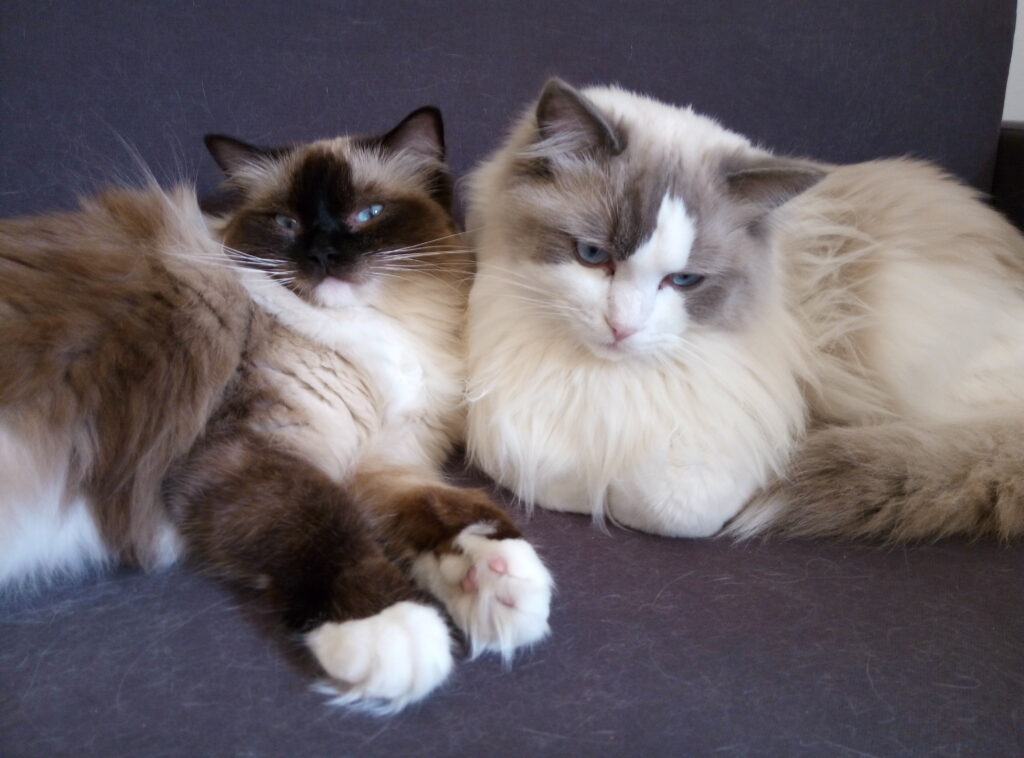
When exploring the origins and meanings of traditional Japanese male cat names, one finds a rich tapestry woven from centuries of history, culture, and personal identity. Names such as ‘Hachiro’, meaning the eighth son, are not just monikers but encapsulations of familial positioning and historical context. In historical Japan, the birth order of a child often influenced their name, reflecting societal norms and expectations. A male cat named ‘Hachiro’ would signify its owner’s regard for tradition and ancestral lineage.
Similarly, the name ‘Noboru’, which means to ascend, is steeped in historical prominence. This name carries connotations of growth, ambition, and elevation. Historically, it could be linked to samurai warriors or notable figures who aspired to greatness. Naming a cat ‘Noboru’ might be seen as a wish for the pet to rise above challenges, much like its human namesakes.
Other traditional names such as ‘Genji’ hark back to The Tale of Genji, a classic work of Japanese literature written by Murasaki Shikibu in the early 11th century. Genji, the protagonist, represents elegance and refined aesthetics, traits that endear one’s pet with an aura of sophistication. Similarly, a name like ‘Yamato’ draws directly from historical periods and refers to ancient Japan, evoking a sense of timeless beauty and national pride.
Names derived from historical periods, like ‘Eiji’ which means eternity and order, are also significant. The Edo period, for example, is often symbolized by names that denote peace and prosperity, qualities highly cherished in Japanese culture. ‘Eiji’ could thus represent a guardian of harmony within one’s home. Additionally, names such as ‘Kintaro’, referencing a folk hero known for his strength, evoke cultural myths and legends, infusing a sense of valor and protection.
Choosing a traditional or historical name for a male cat does more than honor the past; it endows the pet with a piece of Japan’s enduring legacy. These names offer a glimpse into the cultural fabric that has shaped Japanese society, rendering them timeless and meaningful choices for cat owners.
In recent years, there’s been a notable shift in the naming conventions for male cats in Japan. Influenced by modern society, media, and fashion, cat owners are now opting for names that resonate with contemporary culture and aesthetics.
One popular name that stands out in this trend is “Ren,” which means “lotus.” The lotus holds significant symbolism in Asian cultures, often representing purity and enlightenment. In the context of a male cat’s name, ‘Ren’ captures a sense of grace and elegance, making it a popular choice among cat owners who seek a name that is both modern and meaningful.
Another trendy name is “Hikaru,” meaning “shine” or “light.” This name reflects a bright and optimistic outlook, embodying the vibrant energy and spirit of modern Japanese society. With the increasing influence of media and pop culture, names like Hikaru resonate well with a younger demographic that values innovation and creativity.
Moreover, the rise of social media and celebrity culture has also impacted the popularity of certain names. Today, pet owners in Japan are often inspired by characters from anime, manga, and contemporary Japanese literature. These influences extend to naming pets, resulting in unique and trendy choices that reflect a blend of tradition and modernity.
Additionally, short and easily pronounceable names are becoming favorable, as they align well with the fast-paced lifestyle of urban Japan. Names such as “Kai” (ocean) and “Rio” (village cherry blossom) are also gaining traction for their simplicity and cultural resonance.
The trend towards modern and trendy names for male cats in Japan showcases the dynamic interplay between traditional values and contemporary influences. As society continues to evolve, so too will the preferences and conventions surrounding how we name our beloved feline companions.
Choosing the ideal name for your male cat is a task that requires thoughtful consideration. Reflecting a cat’s personality in its name can be a charming and fitting tribute. For a playful and energetic feline, a spirited name like “Haru,” which means “spring” in Japanese, might be perfect. Alternatively, a more reserved and dignified cat could be aptly named “Daiki,” translating to “great nobility.”
Physical traits also serve as a valuable muse for selecting names. The coloration, eye patterns, or size of your cat can influence your choice. A striking black cat might be named “Kuro,” the Japanese word for black, while a diminutive and graceful cat might be well-suited to the name “Sora,” meaning “sky,” for its light and airy connotations.
Personal and sentimental attachments play a significant role in the naming process. Many owners name their pets after beloved places, cherished memories, or even family members. A cat named “Yuki” might be named after a significant snowfall that holds sentimental value, as “Yuki” means “snow.” Such connections deepen the bond between the owner and the pet, infusing the name with personal history and warmth.
Additionally, it is beneficial to explore the deeper meanings and cultural origins of potential names. Japanese names are rich with symbolism and often encapsulate virtues, nature, or traditional values. Understanding these nuances can make the naming experience both educational and enriching. For instance, “Riku,” meaning “land,” evokes a sense of groundedness and stability, while “Ren,” meaning “lotus,” symbolizes purity and enlightenment. Opting for a name with a profound meaning can render the moniker more resonant and special.
In your quest to find the perfect name for your male cat, blending its unique characteristics with cultural and personal significance will yield a name that is not only fitting but cherished by both the pet and its owner for years to come.
© 2018 – 2025 Crafts4Cats Ltd., reg no 11543552